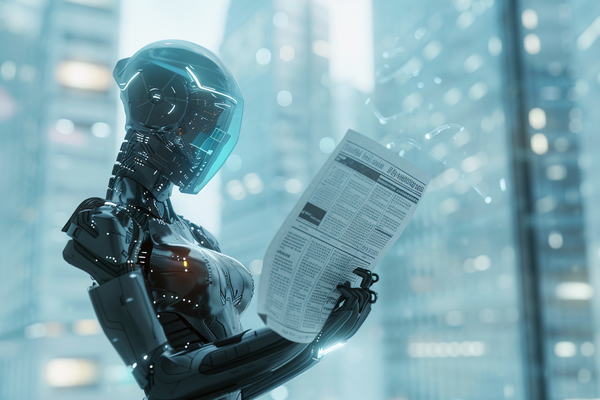

Artificial Intelligence (AI) has become more than just a buzzword—it’s now a core engine of transformation across virtually every sector. In 2025, AI is evolving at breakneck speed, influencing how we live, work, and interact with both technology and each other. From autonomous agents to memory-enabled models and multimodal systems, the latest AI innovations aren’t just technical breakthroughs; they’re shaping the future of productivity, creativity, and human experience.
One of the most significant breakthroughs in 2025 is the rise of Agentic AI—autonomous systems capable of decision-making and task execution without human intervention. These intelligent agents can handle multi-step workflows, adjust strategies in real-time, and even collaborate with other agents or humans in dynamic environments.
Agentic AI is being deployed across sectors like customer service, logistics, and software development. In customer support, for instance, AI agents now handle entire ticket lifecycles—triaging, diagnosing, and resolving issues without human involvement. The result? Faster resolutions, reduced costs, and a significant decrease in human error. However, these advancements also raise ethical concerns: How do we ensure these agents make fair decisions? And what happens when they fail?
Advertising is another industry seeing massive AI disruption. Meta Platforms has launched advanced generative AI tools that automatically build end-to-end ad campaigns. These systems take a product image and a budget, and generate fully-formed ads—complete with custom visuals, targeted copy, and optimized distribution.
For small and mid-sized businesses, this democratizes access to high-quality marketing. But for traditional ad agencies, it’s a wake-up call. As AI takes over the creative grunt work, human advertisers will need to pivot toward strategic and emotional storytelling to maintain relevance.
AI’s impact on employment in 2025 is both transformative and unsettling. On one hand, routine administrative and service jobs are being automated at scale, accelerating the trend of AI-as-the-new-outsourcing. On the other hand, demand is soaring for roles that require managing, interpreting, or building AI systems—such as data scientists, prompt engineers, and AI ethicists.
This growing gap underscores the urgent need for widespread upskilling and reskilling initiatives. Governments and corporations alike are investing in training programs to help workers transition into AI-adjacent roles. Still, the transition is far from seamless, and the policy frameworks needed to ensure fairness are lagging behind.
One of the most exciting changes this year is the introduction of memory into AI models. Unlike traditional stateless systems that forget past interactions, memory-enabled AI can retain user history, preferences, and contextual data—allowing for hyper-personalized experiences.
Whether it’s an AI assistant that remembers your dietary restrictions or a healthcare model that recalls patient treatment history, this new capability opens up enormous opportunities. It also demands rigorous privacy protocols to prevent misuse of sensitive data.
Multimodal AI integrates various forms of data—text, audio, video, and images—into a single framework. In 2025, this technology is powering everything from smarter search engines to more immersive virtual assistants.
Google, for instance, is using multimodal AI to enhance content understanding and relevance in search results. Meanwhile, accessibility tools for the visually and hearing impaired are improving dramatically as AI interprets visual cues and audio in real-time.
AI is also shaking up creative industries. Tools like ChatGPT, Midjourney, and Suno are enabling artists, writers, and musicians to co-create with algorithms. Writers can now brainstorm plot twists with AI collaborators. Musicians are generating melodies from text prompts. Visual artists are exploring entirely new styles with the help of generative models.
Yet, this creative revolution comes with ethical baggage: Who owns AI-generated art? What’s the value of human originality in a world of perfect synthesis?
In 2025, healthcare is arguably the most important sector being transformed by AI. Machine learning models are now more accurate at detecting early signs of diseases like cancer or Alzheimer’s than ever before. AI is also assisting doctors in designing personalized treatment plans based on genetic and lifestyle data.
Operationally, hospitals are adopting AI to improve resource allocation, reduce wait times, and enhance overall efficiency. The result is not only better care but more sustainable systems.
As AI continues its rapid ascent, 2025 is proving to be a tipping point. The fusion of autonomy, memory, multimodal learning, and generative creativity is redefining what machines—and humans—can do.
Staying informed isn’t optional. Whether you’re a professional, entrepreneur, or casual tech enthusiast, understanding AI’s trajectory will help you adapt and thrive.
TrendingAI.ai is your source for expert-vetted, SEO-driven insights into the rapidly evolving world of artificial intelligence.